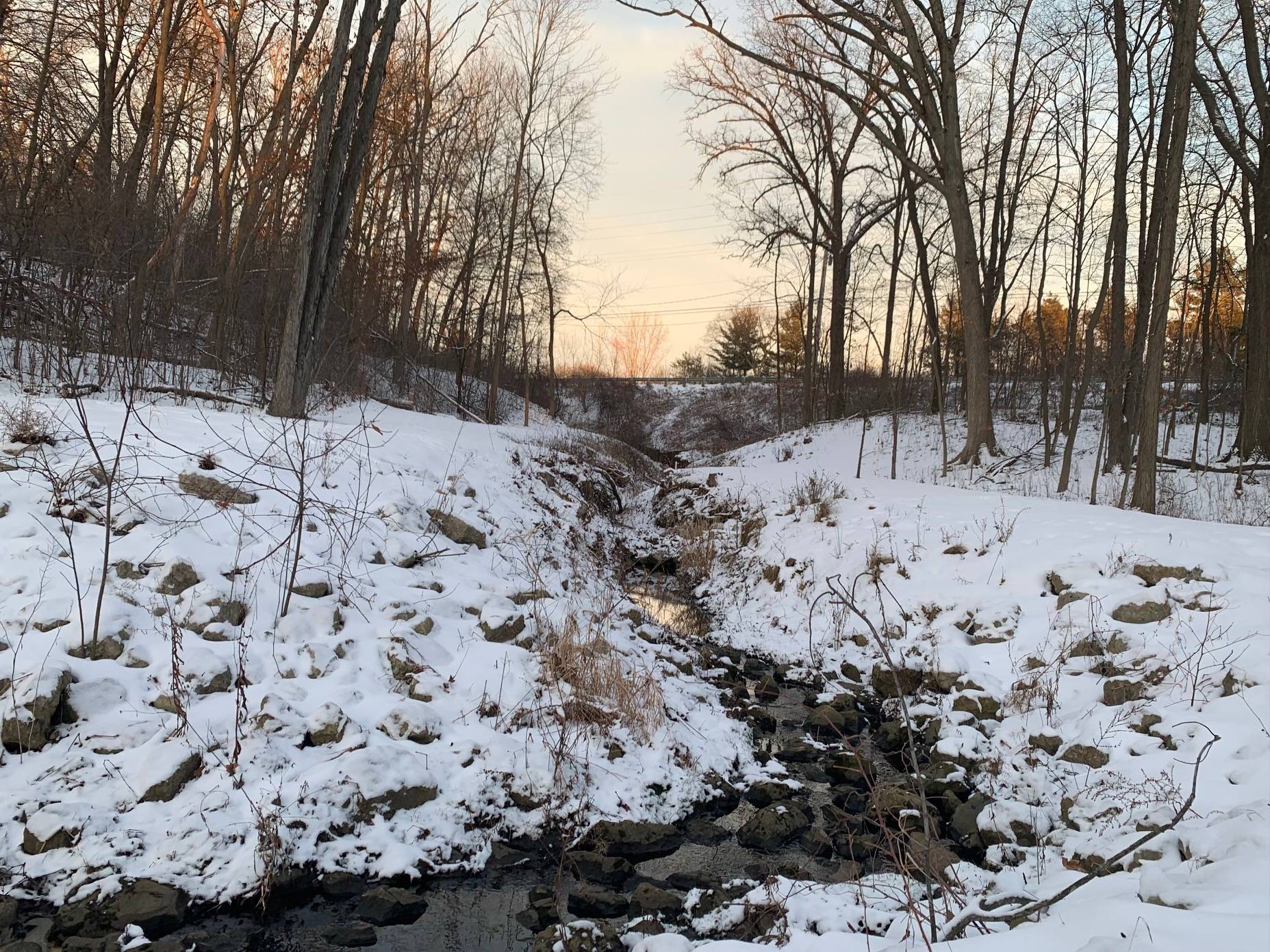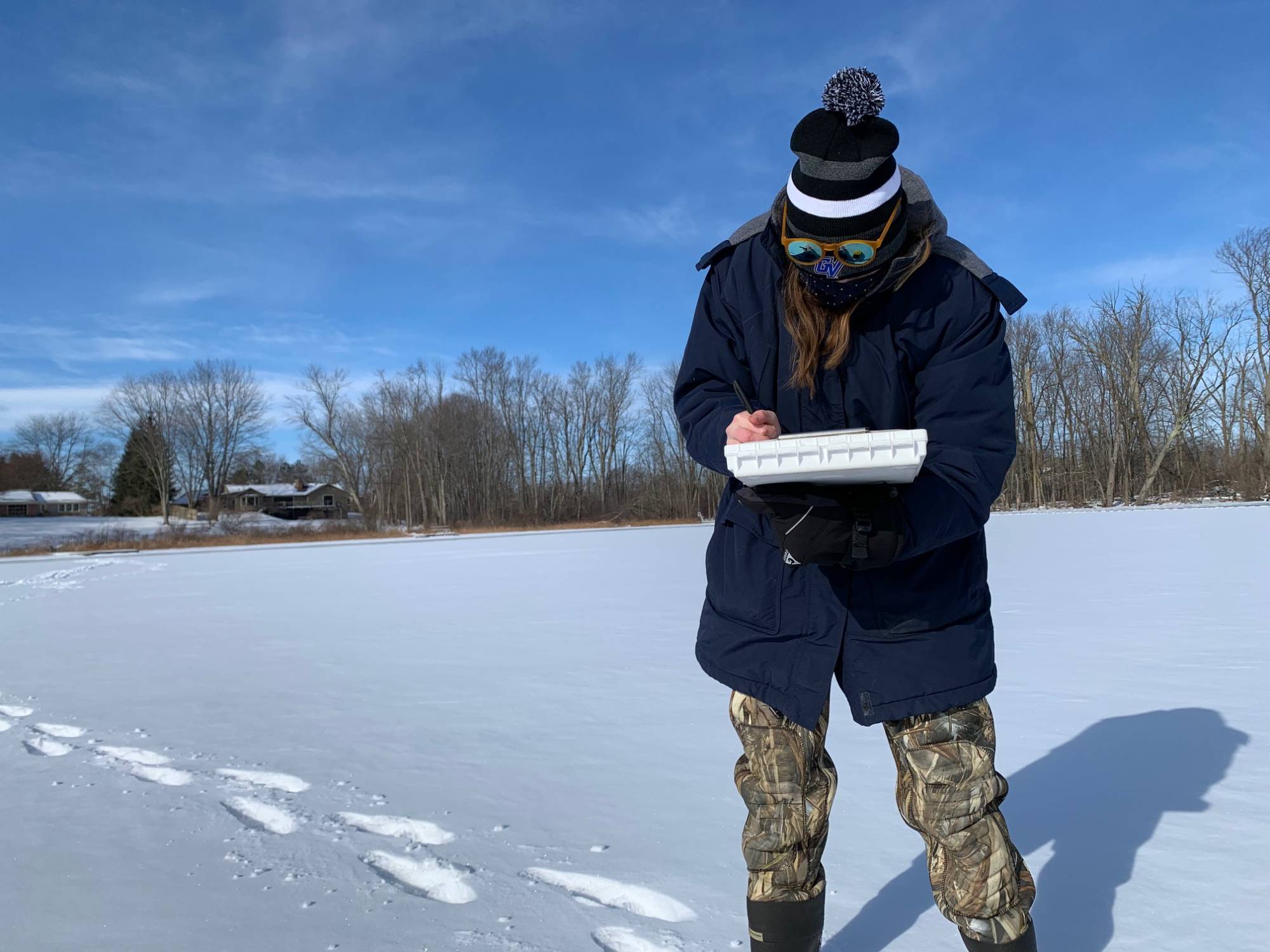Church Lake Water Quality Assessment
Background
Church, Middleboro, and Westboro Lakes in East Grand Rapids, MI are plagued by salt accumulation and high phosphorus concentrations, along with associated eutrophication issues (possible harmful algal blooms, aesthetic issues, low dissolved oxygen concentrations). Previous work in Church Lake provided by Progressive AE revealed extremely high total phosphorus (TP) concentrations and chloride (Cl-) levels with depth; it is unclear if similar concentrations also currently exist in Middleboro and Westboro Lakes.
Management strategies for addressing these pollutants will depend on having robust data. For example, currently, the high Cl- levels are preventing the lake from mixing (“turning over”), which is keeping the TP at the lake bottom. If this mass of phosphorus is allowed to reach the surface, where algae have sufficient light to photosynthesize and grow, significant algal blooms could form. Hence, these data will provide a roadmap for a phased, scientifically-sound management approach to restoration.
Given that all three lakes are hydrologically connected, understanding the water quality issues in the most upstream lake (Church), will ultimately have implications for the downstream lakes, as well.

Project Summary
In 2020-2021, AWRI is sampling water quality and nutrients (TP and Cl-) from Church Lake monthly at the water surface as well as every 10 feet in depth. Additional bimonthly baseflow samples and up to 4 storm flow samples are being collected from Church Lake’s tributary to the east that extends toward the East Beltline Avenue (Michigan highway M-44). AWRI graduate student Ellen Foley will be conducting additional water quality sampling for her thesis research, “Lake Responses to Elevated Levels of Phosphorus and Chloride”.

Funding for this project is provided by The Church-Lake Homeowner’s Association. Ellen Foley’s thesis research is supported by a 2021 Lake Research Student Grant from the Michigan Chapter of the North American Lake Management Society (McNALMS), the Michigan Lakes and Streams Association (MLSA), and the Allen and Helen Hunting Research and Innovation Fund.
Contacts
Al Steinman, Project Manager: [email protected]
Maggie Oudsema, Field/Lab Technician: [email protected]
Mike Hassett, Data Analysis: [email protected]

